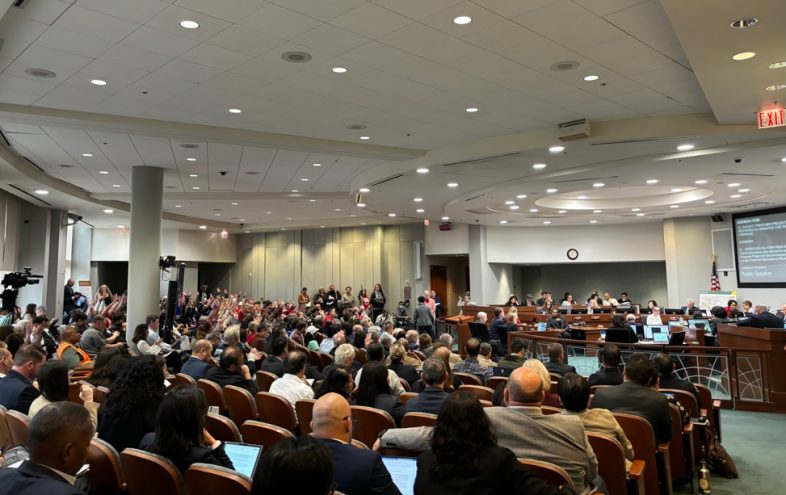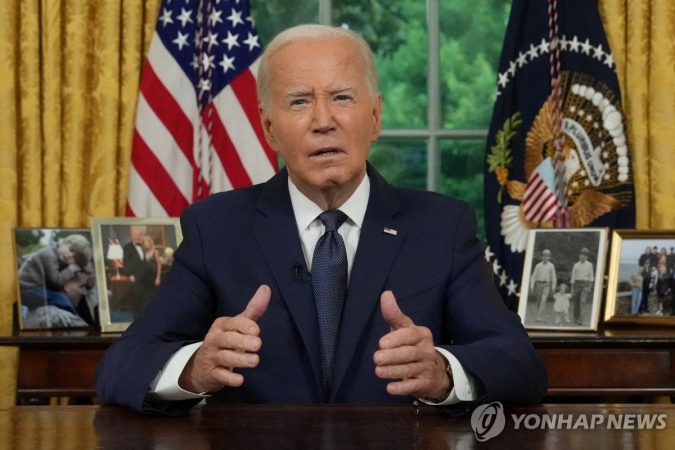Seoul Metro, the operator of Seoul’s subway lines 1-8, is forecasting a critical financial shortfall of up to 1 trillion won (approximately $750 million) for its operations in the coming year. This financial crisis mirrors the severe downturn experienced during the COVID-19 pandemic, raising concerns about potential liquidity issues and default risks.
The crisis at one of the world’s most advanced metro systems offers crucial lessons for transit authorities worldwide, including Los Angeles Metro, as they plan their expansion and operations.
Financial Challenges Despite High Ridership
Despite serving one of the world’s busiest subway systems with millions of daily paid passengers, Seoul Metro faces persistent financial challenges due to several factors:
- Heavily subsidized fares covering only 50% of operational costs
- Significant revenue losses from free rides for elderly and disabled passengers
- High maintenance and operational costs for the extensive network
- Rising energy and labor costs
Warning Signs for LA Metro
The situation in Seoul presents valuable insights for Los Angeles Metro as it continues its ambitious expansion plans:
- High Infrastructure Costs: Subway systems require substantial initial investment and ongoing maintenance expenses
- Fare Structure Impact: The delicate balance between accessibility and financial sustainability must be carefully considered
- Long-term Planning: Transit authorities need comprehensive financial strategies beyond initial construction
Looking Forward
While Seoul Metro plans to address immediate concerns through cost-cutting measures and commercial paper issuance, experts suggest that without fundamental changes to fare structures and government support policies, these solutions may only be temporary fixes.
For cities like Los Angeles planning major transit expansions, Seoul’s experience emphasizes the importance of:
- Developing sustainable funding models
- Carefully analyzing long-term operational costs
- Creating balanced fare policies that ensure both accessibility and financial viability
- Establishing adequate government support mechanisms
The challenges faced by one of Asia’s most sophisticated metro systems serve as a crucial reminder that even highly utilized public transit systems require careful financial planning and sustainable operational strategies to remain viable in the long term.






